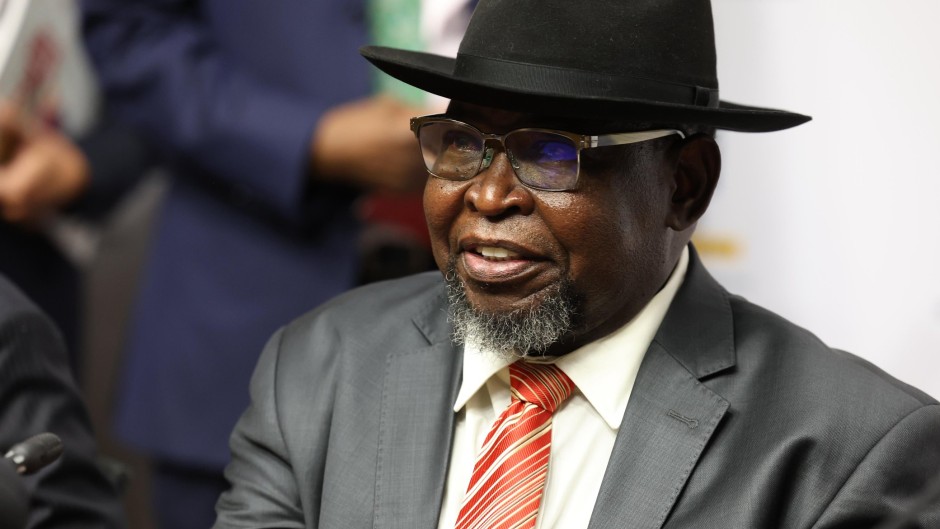JOHANNESBURG - As Finance Minister Enoch Godongwana prepares to deliver his 2025 Budget Speech on 19 February, eNCA takes a look at his 2024 promises.
Were they fulfilled? And will 2025 bring more of the same?
Here’s a breakdown of the key commitments made in the last budget.
Energy crisis and loadshedding
The Minister promised to tackle the electricity crisis by increasing the limit for renewable energy projects qualifying for carbon offsets, from 15 to 30 megawatts.
He also set aside a R2 billion medium-term grant to fund the rollout of smart prepaid meters.
Tax hikes and sin taxes
To raise R15-billion in revenue, the Minister chose not to adjust the tax bracket, rebates and medical tax credit for inflation, but he did increase personal tax.
Alcohol and tobacco tax increases made luxuries more expensive.
Vaping products and heated tobacco products, including hubbly-bubblies, were also taxed with excise duties.
Relief with the fuel levy freeze
Mindful of the already high cost of living and the impact of fuel prices on food and transport costs, government proposed no increases to the general fuel levy for 2024/25.
This resulted in tax relief of around R4 billion.
This money would remain in the pockets of consumers. The fuel levy of R3.84 was not changed between 2023 and 2024, after a 9-cent increase in 2022.
Two-pot retirement system expected to help ease financial burden
Contributions to retirement funds will be split, with one-third going into a “savings component” and two-thirds going into a “retirement component”.
From 1 September 2024, cash withdrawals could be made from the savings pot.
As of 1 February 2025 more than 2.4 million South Africa cashed out R43 billion from their pensions funds after the two-pot pension system was launched in September.
This was confirmed by South African Revenue Service (SARS).
Education gets billions, securing school nutrition programmes
Government allocated the education sector an extra R25.7 billion to cover wage increases over the medium term.
At the same time, the critical school nutrition programme was secured, providing food to pupils in almost 20, 000 schools.
The early childhood development grant is R1.6 billion, rising to R2 billion over the medium term.
Commitment to NHI saw investment of R1.4 billion
Health was allocated R848-billion, including R11.6 billion to cover the 2023 wage agreement, R27.3 billion for infrastructure and R1.4 billion for the National Health Insurance Act (NHI) grant.
Social grants keeping up with inflation
The elderly, war veterans, those with disabilities and care dependants received an increase of R100, while the foster care grant increased by R50.
The child support grant increased by R20, and the COVID-19 Social Relief of Distress Grant increased from R350 to R370.
Infrastructure provision
Government planned to invest more than R943-billion in public infrastructure.
The spending was to support the refurbishment and maintenance of existing assets and the building of new infrastructure.
Crime and corruption
Government has also been prioritising fighting crime and corruption with a focus on enhancing law enforcement agencies.
A total of R765-billion was allocated to the peace and security cluster.
At the same time government used R2.9 billion from the Criminal Asset Recovery Account to combat illegal mining and other priority crimes, with 60% allocated for police deployments, including vehicle procurement.

